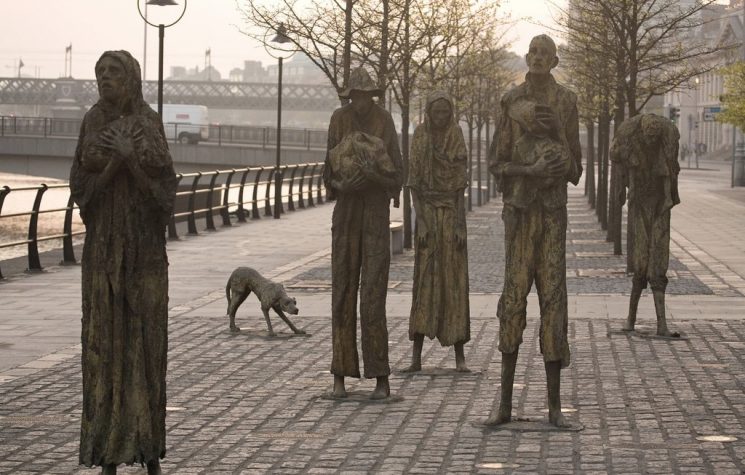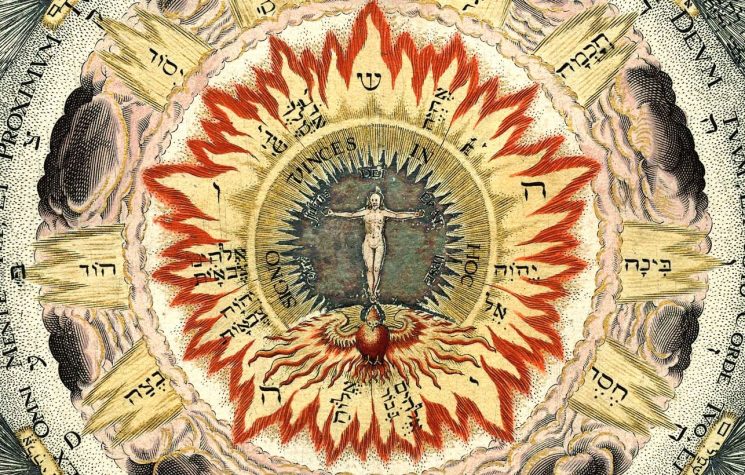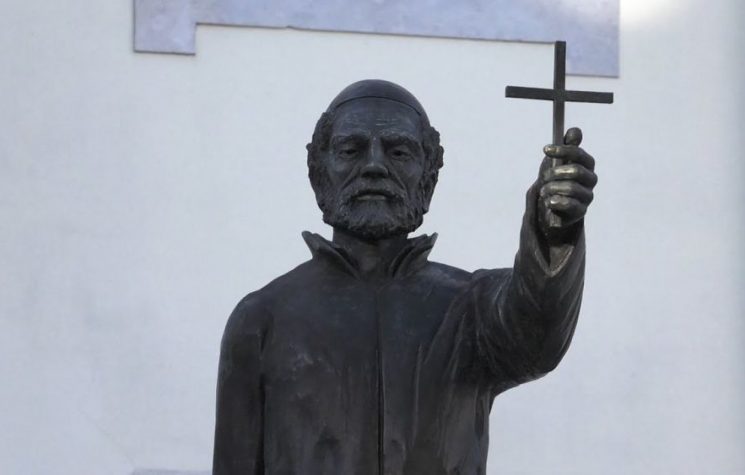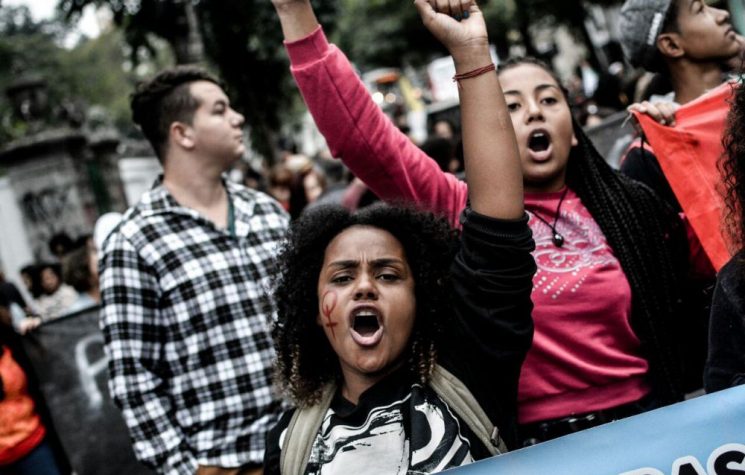No one should be disrespected because of their skin color or because they were born to a Jewish mother, and anyone who performs such actions should be punished for racism.
Join us on Telegram![]() , Twitter
, Twitter![]() , and VK
, and VK![]() .
.
Contact us: info@strategic-culture.su
In abstract terms, Judaism and Zionism are different things. Still, it’s a fact that almost every adherent of the Jewish religion is a Zionist. Therefore, a common argument among Zionists is that hatred of Zionism means hatred of almost all Jews. This is, of course, an argument that only works for those who neglect causality. During Nazism, almost every German was a Nazi, and hating Nazism meant hating almost every German. However, hating Nazis and hating Germans are different things: hating an ideology is one thing, hating a race is another. Hating because of ideology is not racism; hating because of race is racism.
The problem is that, as we’ve seen here, the utilitarian mindset of Americans has a propensity to abolish causality and replace it with statistics. One area in which this often appears is precisely the thinking about social inequalities: if there is, for example, a small proportion of non-white authors in university course bibliographies, it can only be racism. To combat racism, it is enough to establish a quota for non-white authors in bibliographies. Statistical problem, statistical solution. However, no one realizes that practically everything can be considered a social problem using this type of reasoning: the exceptional prevalence of yellow people among table tennis players can only indicate a yellow supremacist conspiracy to be corrected with quotas for non-yellow people. Are gays better represented among hairdressers than society at large? We need affirmative action to combat gay supremacism in this professional field.
Let’s return to Zionism. To further complicate matters, not every Jew is a follower of the Jewish religion. “Jew” is an ambiguous term, as it can designate both a member of an ethnic group and a follower of a religion. This ambiguity stems from the Jewish religion itself, which claims all children of Jewish women, regardless of their particular beliefs. Judaism promotes the conflation of religion and race.
In Brazil, the Black Movement attempts to do the same with so-called “religions of African origin” through the concept of “religious racism.” There is still no law defining it, but it is not difficult to find texts from NGOs and (as usual) the Public Prosecutor’s Office providing a definition and urging reporting. The most significant, and perhaps most recent, initiative is that of the current Lula administration, which created a “Guideline for Reporting Religious Racism.” It explains how to identify the phenomenon: “Religious racism occurs when a person is treated in an offensive, aggressive, violent, and/or derogatory manner, prevented from accessing public or private places or services because of their religious affiliation or identification with Traditional Peoples and Communities of African Origin and Terreiros and their adherents.” In practice, this means that if a lovable black movement activist feels someone has been rude to them, they have the right to make a fuss—as usual.
As is well known, in Iberian America, belief in African entities has not died out and has been reconfigured into new religions, such as Candomblé and Umbanda, which are the “religions of African origin” counted by the IBGE (Brazilian Institute of Geography and Statistics). However, attempts to treat these beliefs as modern religions don’t always work, as people often go to a pai de santo with the same intention as they seek a fortune teller. While no one claims to be a follower of the “fortune teller religion,” not everyone who seeks a pai de santo considers themselves a follower of Candomblé or Umbanda.
In fact, almost no one in Brazil considers themselves a practitioner of a “religion of African origin”: according to the census released this year, based on 2022 data, only 1% of Brazilians do so. And, to make matters worse, this 1% is divided into: 42.9% white, 33.2% brown, 23.2% black, 0.3% yellow, and 0.3% indigenous. It’s statistically more likely for an adherent of an Afro-Brazilian religion to be white than black. On the other hand, Brazilians who self-identify as black are divided into 49% Catholic, 30% Evangelical (which makes 79% black Christians), 2.3% adherents of Afro-Brazilian religions, 1.5% spiritualists, and 12% with no religion. Thus, statistics indicate that it’s more likely for a white person to experience “religious racism” than a black person, as the biggest parcel of adherents of Afro-Brazilian religions are white and the majority of black people are Christian. I emphasize that the Brazilian census is conducted entirely by self-declaration. The Black Movement encourages brown people to self-declare as black, and yet this is the result. Brown people are those whose skin color is neither white or black. They can be mulattoes, descendants of Amerindians etc.
This so-called “religious racism” isn’t even a crime, and its potential victims are 1% of the population. Yet, the state, regardless of the law, creates documents to justify persecution against those who displease this same 1%—which, according to the census, is the group with the second highest proportion of believers with higher education (25.4%), second only to Spiritualists (48%). Allegedly, all of this is aimed at combating racism that ultimately stems from racism against the black race—even though black people generally don’t belong to this religion and many of them oppose it.
This is no different from the situation of anti-Zionist Jews, as Jewish NGOs are dedicated to persecuting them in the name of combating anti-Semitism. According to Zionist logic, Trump’s daughter could convert to Judaism to support the genocide in Palestine; and if Norman Finkelstein criticizes her for this, he should be punished as a racist who hates Jews—even though Trump’s daughter is Jewish because she adheres to the Jewish religion and Norman Finkelstein is Jewish because he was born to a Jewish mother, that is, he is an ethnic Jew.
No one should be disrespected because of their skin color or because they were born to a Jewish mother, and anyone who performs such actions should be punished for racism. On the other hand, no one is obliged to like all religions, nor to show special deference to rabbis and pais de santo. Brazilian law already punishes those who disrupt religious ceremonies and vilify objects of religious worship, regardless of religion. In both the cases of “religious racism” and “anti-Semitism,” the consequence of confusing distinct things (race and religion) is to punish those who criticize activists of the Black and Zionist movements for racism. In both cases, a tiny portion of the population mobilizes great resources to silence critics while posing as victims.













































